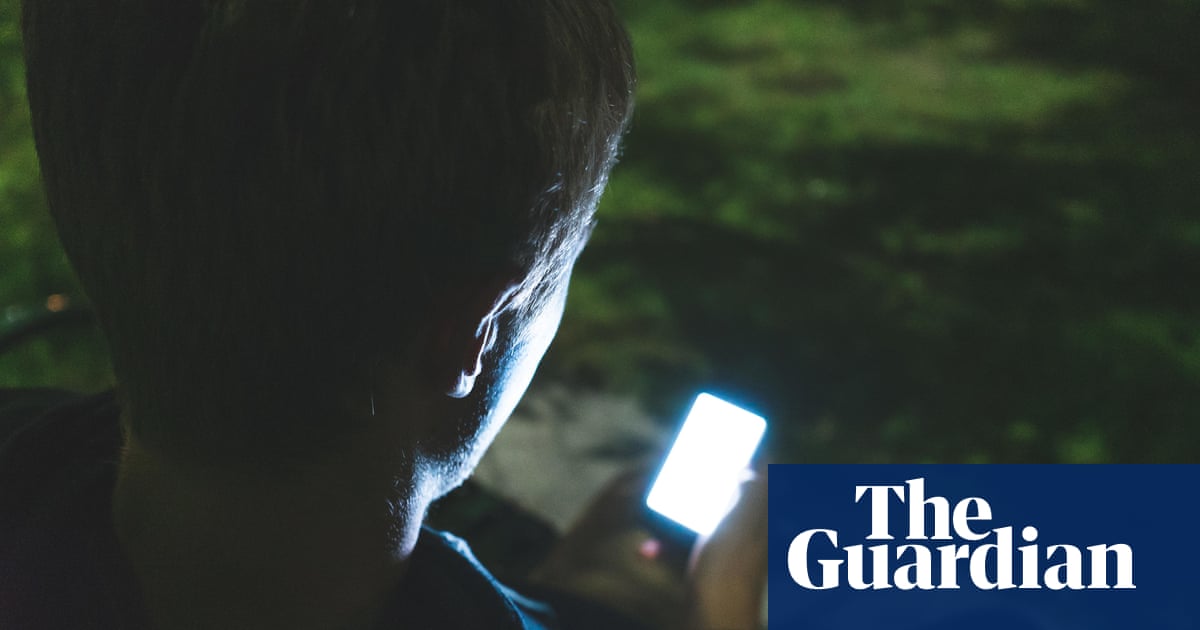
Millions of patients who experience a mental health crisis will be able to access help via NHS 111, making England one of the world’s first countries to offer 24-hour daily support through one phone line.
People of all ages, including children, who are in crisis, or concerned relatives, can now call 111, select the mental health option and speak to a trained mental health professional, officials said.
NHS staff can guide callers with next steps such as face-to-face community support or alternative services, such as crisis cafes or safe havens that provide a place for people to stay as an alternative to A&E or hospital.
Previously, local health systems had their own separate support services and phone lines, which were fast-tracked during the pandemic and took about 200,000 calls a month.
Mental health leaders welcomed the move, saying they hoped it would make it simpler for people to access the help they needed. However, NHS leaders expressed concerns about existing pressure on 111 and waiting lists for mental healthcare.
Announcing the change, Claire Murdoch, NHS England’s director for mental health, said she wanted to ensure that when people were in crisis, they had easy and straightforward access to the support they required.
“While the NHS made significant progress during the pandemic with local services creating their own crisis phone lines, we want to go a step further by giving people everywhere in England one single point of access via NHS 111,” she said.
“And in doing so, I am extremely proud that we will become one of the first countries in the world to offer a free universal package of support to people through one easy-to-access phone line.”
Stephen Kinnock, the care minister, said the move formed part of the new government’s plans to fix the “broken” NHS and give mental health “the same attention and focus” that physical health received.
Mark Winstanley, the chief executive of Rethink Mental Illness, welcomed the change and said he hoped it would “make it simpler for people to access the help they need”.
“A mental health crisis is traumatic and disorientating, and getting help as quickly as possible is vital,” he added. “The last thing people need when they or a loved one is in crisis is uncertainty about where to turn.”
However, Saffron Cordery, the deputy chief executive of NHS Providers, said trusts “remain deeply concerned” about the levels of unmet need for those seeking mental healthcare. The latest national figures show more than 350,000 children and young people and almost 250,000 adults are waiting for treatment from community mental health services, she added.
She added that demand and pressure on NHS 111 services, many of which were run by already stretched ambulance services, remained much higher than before the pandemic.
“It is vital that trusts and their local partners such as schools, local authorities, and the voluntary sector are given the funding they need to deliver on ambitions around crisis care pathways for people of all ages, as well as helping individuals before they reach crisis point,” she said.
Source: theguardian.com


















